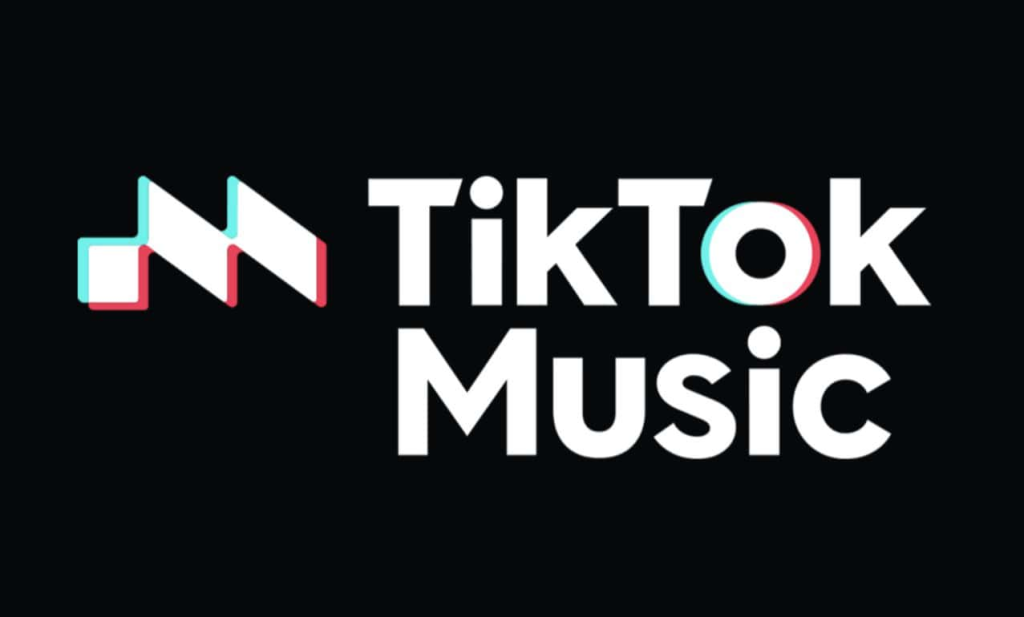In a notable turn of events in the digital music landscape, TikTok has announced the shutdown of its standalone TikTok Music app. This decision marks a significant shift for the platform, which has rapidly emerged as a dominant player in music discovery and social media engagement. While the TikTok Music app aimed to provide a unique experience for music lovers, the reality of its market performance and user engagement has led TikTok to refocus its efforts on its core application. This article delves into the implications of this shutdown, the reasoning behind the decision, and what it means for users and the music industry as a whole.
Table of Contents
The Background of TikTok Music
Launched with high hopes, TikTok Music was designed to complement the immensely popular TikTok app, allowing users to explore and engage with music in a dedicated space. The app featured functionalities such as personalized playlists, song-sharing options, and a social networking aspect, aiming to create a vibrant community of music enthusiasts.
Despite its innovative approach, TikTok Music struggled to gain a foothold in a saturated market dominated by established players like Spotify, Apple Music, and Amazon Music. Users often found that the music features they loved were already seamlessly integrated into the main TikTok app, leading to questions about the necessity of a separate platform.

Music App
Reasons Behind the Shutdown
- Redundant Features: One of the most significant factors contributing to the shutdown is the redundancy of features between TikTok Music and the main TikTok app. Users could already discover and share music through TikTok’s extensive library, making a separate music app less appealing.
- Market Competition: The digital music streaming market is incredibly competitive, with well-established services offering expansive libraries and advanced features. TikTok Music faced challenges in differentiating itself and attracting a substantial user base.
- Focus on Core Capabilities: TikTok’s strength lies in its ability to facilitate user-generated content and social interaction. By discontinuing the music app, TikTok can concentrate on enhancing the existing platform, where music plays a crucial role in content creation and community engagement.
- User Preferences: Feedback from users indicated a preference for a unified experience. The convenience of accessing music directly within TikTok, rather than switching between apps, ultimately shaped the decision to streamline offerings.
Implications for Users
- Streamlined Experience: For TikTok users, the shutdown of TikTok Music means a more cohesive and streamlined experience. All music discovery and engagement features will remain within the main app, making it easier for users to find and utilize music in their videos.
- Access to Extensive Music Library: TikTok has established partnerships with major record labels and artists, providing users with access to a vast array of songs. This integration ensures that users continue to benefit from a rich selection of music for their creative projects.
- Continued Innovation in Music Features: With a renewed focus on the main platform, users can expect ongoing enhancements to music features within TikTok. The company has the opportunity to innovate and introduce new ways for users to engage with music and showcase their creativity.
- Community Building: The integration of music features within TikTok fosters a sense of community among users. They can easily collaborate on music-related challenges, share favorite tracks, and participate in trends that enhance their social experience.
Impact on the Music Industry
The closure of TikTok Music has broader implications for the music industry, reflecting shifts in how music is marketed and consumed:
- Influence on Music Discovery: TikTok has transformed the way music is discovered and popularized. The platform has become a critical tool for artists looking to reach new audiences, and by retaining music features within the main app, TikTok reinforces its role as a key player in music marketing.
- Opportunities for Emerging Artists: For independent artists, TikTok remains a powerful platform for promotion. The app’s viral nature enables songs to gain traction quickly, providing a unique avenue for artists to connect with listeners without the need for a separate music app.
- Partnerships with Labels: TikTok’s relationships with music labels will likely continue to grow, creating opportunities for promotional campaigns, exclusive content, and innovative collaborations that benefit both artists and users.
- Adaptation to Consumer Behavior: The shutdown reflects a broader trend of platforms needing to adapt to changing consumer behaviors. As users increasingly favor integrated experiences, TikTok’s decision to consolidate its music features aligns with contemporary preferences.
The Future of Music on TikTok
As TikTok moves forward without its dedicated music app, the future of music on the platform looks promising. Here are some anticipated trends:
- Enhanced Music Features: TikTok is likely to invest in improving music functionalities within the main app. Users can expect new tools for discovering, sharing, and interacting with music, enhancing the overall user experience.
- Integration of Live Music Events: The rise of virtual concerts and live music events presents opportunities for TikTok to host live performances within the app. Collaborations with artists for exclusive live streams could further engage users and create memorable experiences.
- Focus on Short-Form Content: TikTok’s emphasis on short-form video content remains a defining characteristic. The platform may continue to promote trends that encourage quick, catchy music clips, allowing users to express their creativity in fun and engaging ways.
- Community Engagement and Collaboration: TikTok will likely enhance community engagement around music, encouraging users to participate in challenges, share favorite tracks, and collaborate on music projects. This sense of community can drive user loyalty and foster a vibrant culture centered around music.
Conclusion
The shutdown of TikTok Music signals a strategic realignment for the platform, emphasizing a focus on its core strengths while acknowledging the realities of competing in a crowded music streaming market. For users, this transition means a more integrated experience, allowing them to discover and engage with music without the hassle of switching apps.
As TikTok continues to evolve, its role in shaping the future of music marketing and discovery remains critical. By concentrating on enhancing the main app, TikTok is well-positioned to remain a leading force in the intersection of social media and music, offering users innovative ways to connect with their favorite artists and songs. In this dynamic landscape, TikTok’s adaptability and commitment to user satisfaction will be crucial to its continued success.


